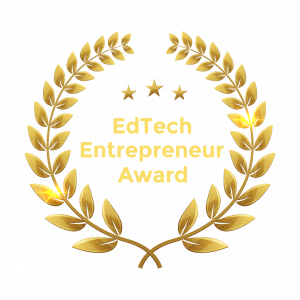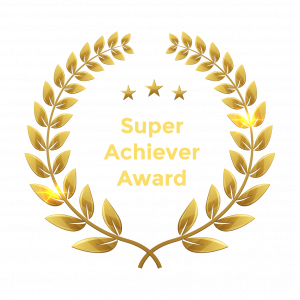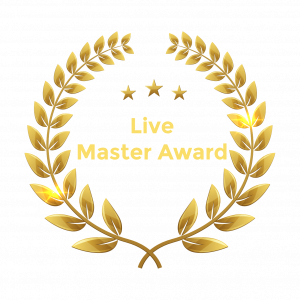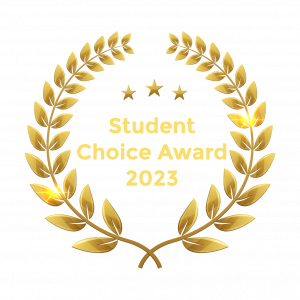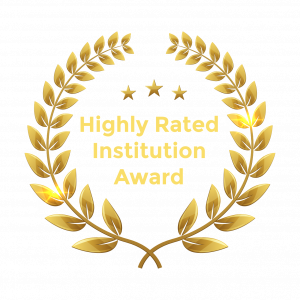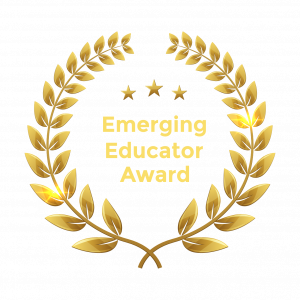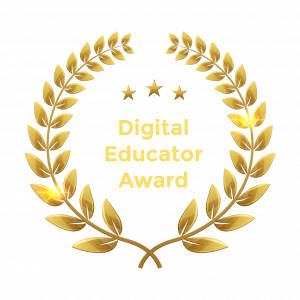PG TRB Coaching Centre in Chennai
Applications are invited only through online mode from eligible candidates up to 05.00 P.M
on 25.03.2021 for the Direct Recruitment for the post of Post Graduate Assistants / Physical Education
Directors Grade-I in School Education and other departments for the year 2020-2021
Tamil Nadu Teacher Recruitment
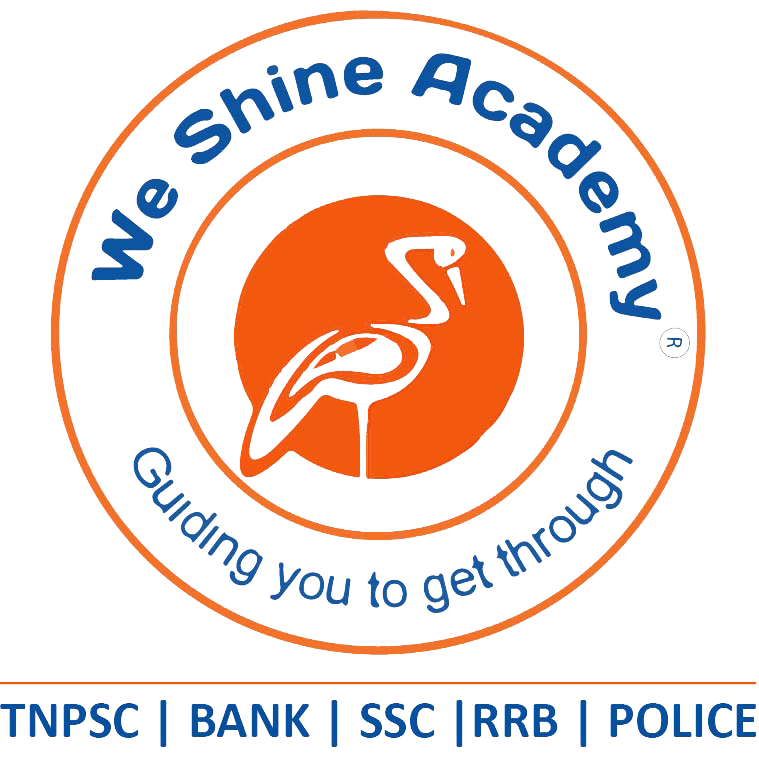
We Provide Students for Unique App Features for Self Evaluation and Self Analysis.
Download
Android App & IOS App
Code – eiubi
Name of the post:
Post Graduate Assistants / physical Education Directors Grade-1 &
Computer Instructor Grade I
Basic pay: Rs.36900-116600
- Date of notification: 11-02-2021
- Online application date: 01-03-2021
- Last date for application: 25-03-2021
- Date of Examination: 26 & 27-08-2021
Vacancies available: 2098
Hurry Up!!!..
Study Materials for TNPSC are available at an affordable cost. Our Materials are the gist of SCERT Books and prepared by our experienced and well-placed candidates from various Government Exams.Materials are available in bilingual format.
For more details : +918939144344
Do you want to Buy Now :
 Click Here</span
Click Here</spanQualification:
- Age – Minimum 21 yrs completed to maximum 40 yrs completed on the July 1st 2021
- Education: SSLC, HSC or its equivalent and a degree including PG, B.ed (10+2+3+2)
- Well know language of Tamil
Exam pattern:
| Main subject | 110 |
| Education Methodology | 30 |
| General knowledge | 10 |
| Total | 150 (3 hrs) |
Mark Eligibility: Candidates who secure a minimum of 50% marks in written examination (for SC/SCA- 45% mark, ST-40% mark) alone are eligible for recruitment.
Common Exam for all candidates apart from their optional subject
- General Knowledge:
Unit I – Indian History History of India – Vedic period 1526 AD to 1947 – Free India – Modern India
Unit II – Indian Constitution Origin of Indian Constitution – Salient and special features – Fundamental rights – Legislature – Judiciary – Executive – Adult franchise – Human rights
Unit III – History of Tamil Nadu Ancient period – Sangam age – Chera, Chola, Pandias – Economical, political, social conditions – Literature – Architecture – Fine arts – Geography of Tamil Nadu – Natural boundaries – Resources – Rivers and places.
Unit IV – Personalities Books and authors – Discoveries Unit V – Sports & Games (confined to India)
Unit VI – Abbreviations
Unit VII – Every Day Science
Unit VIII – Current Affairs
Education Methodology:
Unit-I Pre-primary Education – Programme of Pre-primary Education-universalization of Primary Education- Equality of opportunity- Secondary and Higher Secondary Education-Need for uniform pattern-Non-formal and Adult Education-Functional Literacy Programme Programmes for workers in Industry- Programme for drop outs-Role of Educational Institutions in Non-formal Education-Open School/Open University, Quantity and Quality of Education State and National level-Unemployment and underemployment- Delinking employment from degrees- Skill development- Vocational Skill oriented education- Man Power planning and education – Brain drain – Special problems of rural and tribal people – Illiteracy and poverty Eradication of poverty through Education.
Unit-II – National Integration – International understanding – Value Education in action – Nutrition and health – Sanitation – Safety and first aid – Women’s education – Education for handicapped – Education for gifted – Population Education– Need for protecting the environment – Environmental Education – Language policy – Medium of education – Channel of International communication – Management of Schools, Private, Aided, Government, Local authorities – Government Department of education, administration and academic supervision Headmaster / Headmistress as an administrator and academic supervisor.
Unit-III – History and Culture of Tamil Nadu: Political – Spiritual – Religion – Literature – Language – Education – Natural Resources – Trade – Occupations – Historical places – Tourist centers – Arts – Games – Society.
Unit-IV – The Learner, learning process – Learning situation – Significance of Educational Psychology to the teacher concept of growth and maturity – Development characteristics and trends – Developmental tasks and education – Development of mental abilities – Attention, Inattention and distraction – span of attention, sensation and perception – factors in perception – Errors – concept formation – Piagets stages of cognitive development – concept maps language. Imagination, thinking and reasoning – Psycho– linguistics – Implications for the teacher.
Unit-V Special characteristics of adolescents and their problems, attitudes, interest, group behaviour, Discipline – Leadership – Nature and importance of learning – Individual differences in learning – Learning curves – Transfer of learning – Learning styles – Factors in learning – Types of learning – Trial and error – Conditioning – Classical and operant – Learning by insight – Imitation – Levels of learning – Remembering and forgetting- Learning Disabilities.
Unit-VI Motivation- Maslow’s hierarchy of needs- Role of rewards and punishments – Levels of aspiration – Achievement motivation – Goal as a motivational factor – Nature of Intelligence – Theories of Intelligence – Assessment of intelligence – IQ constancy – Distribution – uses of intelligence tests – Creativity – Creativity and intelligence – Identification and promotion of creativity – Meaning of personality – Factors influencing personality -Assessment of personality – Integrated personality – concept of mental health and hygiene – conflict and frustration- Unrest – Adjustment – Defence mechanisms – Mental illness – Guidance and counselling.
Unit-VII – Meaning of educational innovation – Principles involved in innovation – Emergence of School – in cultural, social and religious setting – Innovations that emerged from educational experiments – Tagore:- Santiniketan – Gandhiji:- Basic Education – A.S.Neill:- Progressive School – Sri Aurobindo:- Ashram Schools. Rousseau: Children’s Education – Moutessori:- Sense Experience – Bertrand Russel:- Education for Social Order- Froebel:-Kindergarten – Dewey:- Pragmatic life – J. Krishnamoorthy:- Freedom in learning situation. Influence of Psychological factors on innovation – principles underlying self learning devices. Piaget:- Experiments and discovery learning – Child -centred learning. Effects of cultural, religious and social factors on innovation – Principles of equality – conformity to common educational goals.
Unit-VIII Modernization of education – National Educational Policy (1986) – DPEP-Special focus on Teacher Education (DTERT, DIETs, BRCs, CRCs) MLL based curriculum and syllabus – Joyful learning – Autonomy in institutional structures – Individual freedom – Library based learning: Self paced instruction – pace setting schools – Mobile schools – De-Schooling and non-classroom learning – community schools – school complex Distance education and open learning – Education through mass communication – Special education – Sainik School – Defence academy – Educational Technology – need for and use of Industructional technology – mass media for instructional purposes – Review of radio and TV educational programmes – educational computing
Optional subjects:
- Tamil
- English
- Chemistry
- Economics
- Geography
- Botany
- Commerce
- Political Science
- Home Science
- Mathematics
- Zoology
- Physical Education Director
Grade I
- Bio Chemistry
- Indian Culture
- Physics
- History
- Micro Biology




